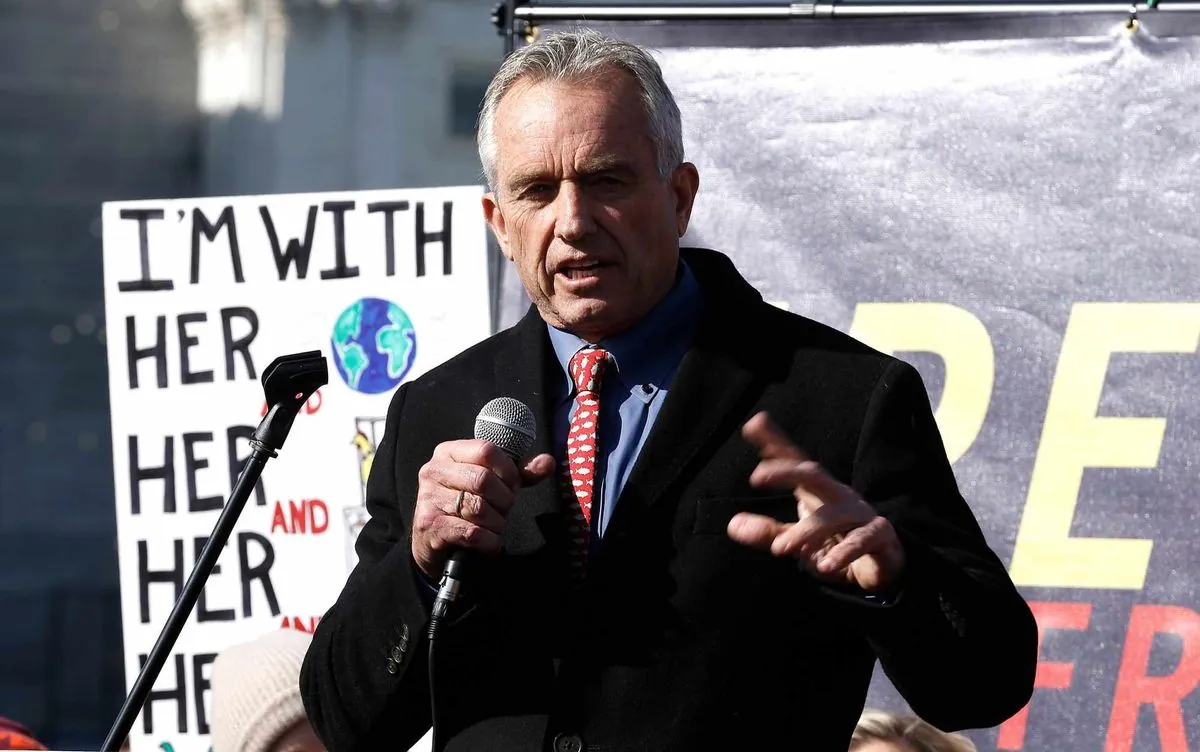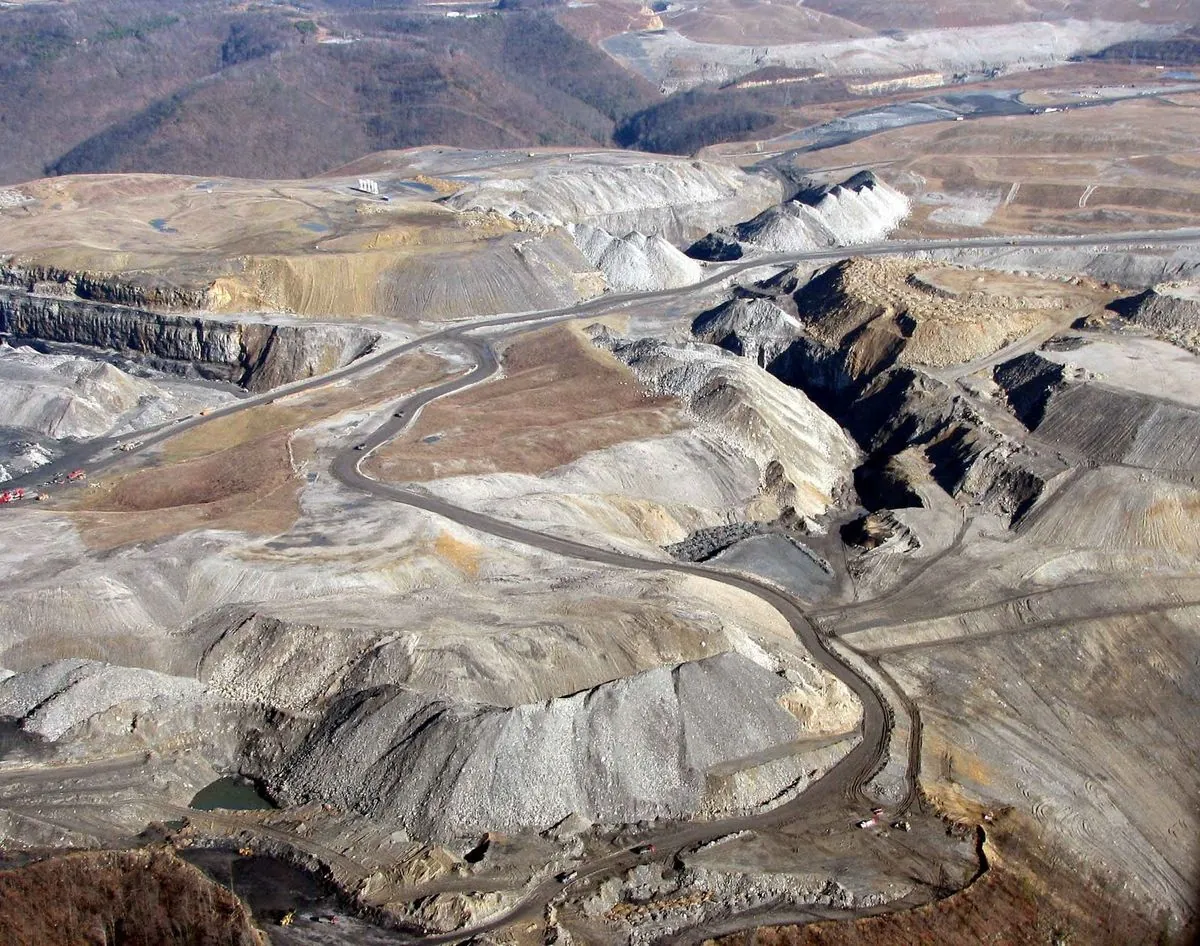Kennedy's Environmental Legacy: Promises, Lawsuits, and Shifting Alliances
Robert F. Kennedy Jr.'s environmental activism, once central to his public image, faces scrutiny as he aligns with Trump. Communities he championed express mixed feelings about his impact and commitment.

Robert F. Kennedy Jr.'s environmental legacy is under scrutiny as he transitions from independent presidential candidate to potential advisor in a second Trump administration. Kennedy's decades-long career as an environmental activist and attorney, once a cornerstone of his public persona, now faces critical examination from some of the very communities he championed.
In the spring of 2007, Kennedy made a solemn pledge to residents of West Virginia's Coal River Valley, promising to stand with them against mountaintop removal mining. This destructive practice, which involves blasting away mountain peaks to access coal seams, has long been a contentious issue in Appalachia. The region, historically one of America's poorest, has grappled with the economic benefits of coal extraction against its environmental and health costs.

However, 17 years after Kennedy's promise, some local activists express disappointment. Maria Gunnoe, a lifelong resident of the area, claims Kennedy's presence diminished after the release of "The Last Mountain," a 2011 documentary featuring his efforts against mountaintop removal. This sentiment echoes a broader critique of Kennedy's approach to environmental activism.
"He took advantage of some of the poorest people in our country. He left a very bad taste in the mouths of many Appalachians."
Kennedy's environmental work extended beyond Appalachia. His law firm, Kennedy & Madonna, was involved in high-profile cases against major corporations like DuPont and Ford Motor Company. These legal battles, while resulting in settlements, left some plaintiffs feeling that justice was incomplete.
The Ramapough Lenape Nation's case against Ford, highlighted in the HBO documentary "Mann v. Ford," is a prime example. While the lawsuit brought renewed attention to Ford's toxic dumping, some tribal members express dissatisfaction with the outcome and Kennedy's portrayal of the case as a "landmark" victory.
Kennedy's recent alliance with Trump, known for rolling back environmental protections, has raised eyebrows. In 2017, the Trump administration halted federal research into the health effects of mountaintop removal on nearby communities. Despite this, Kennedy maintains he will continue to fight against the practice "wherever I am."
The environmental movement, heavily aligned with Democratic politics, now finds itself at odds with Kennedy's new political direction. This shift has led some former allies to reassess his past work critically.
Kennedy's legacy in environmental activism is complex. While he brought national attention to local issues and participated in high-profile legal battles, some community members feel their causes were used for publicity without lasting commitment. The balance between raising awareness and effecting long-term change remains a challenge in environmental advocacy.
As Kennedy pivots to a potential role in shaping public health and environmental policy in a future Trump administration, his past promises and actions in the environmental sphere will likely face continued scrutiny. The story of Kennedy's environmental activism serves as a reminder of the complex interplay between celebrity advocacy, community needs, and long-term environmental justice.


































